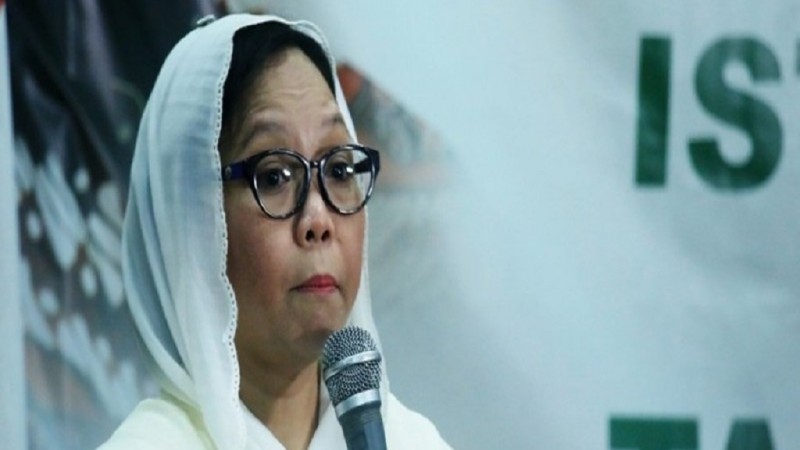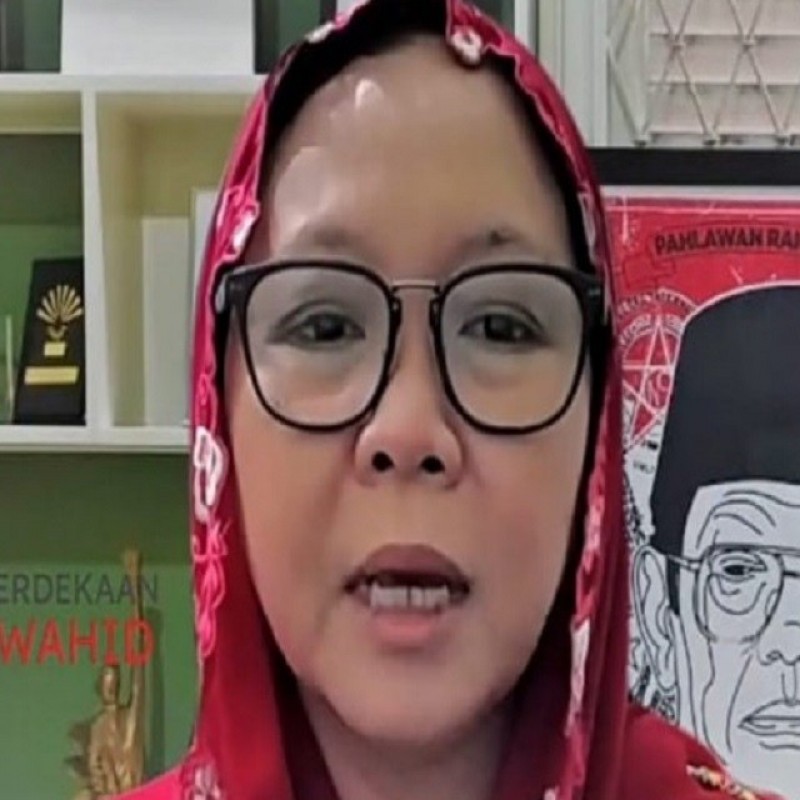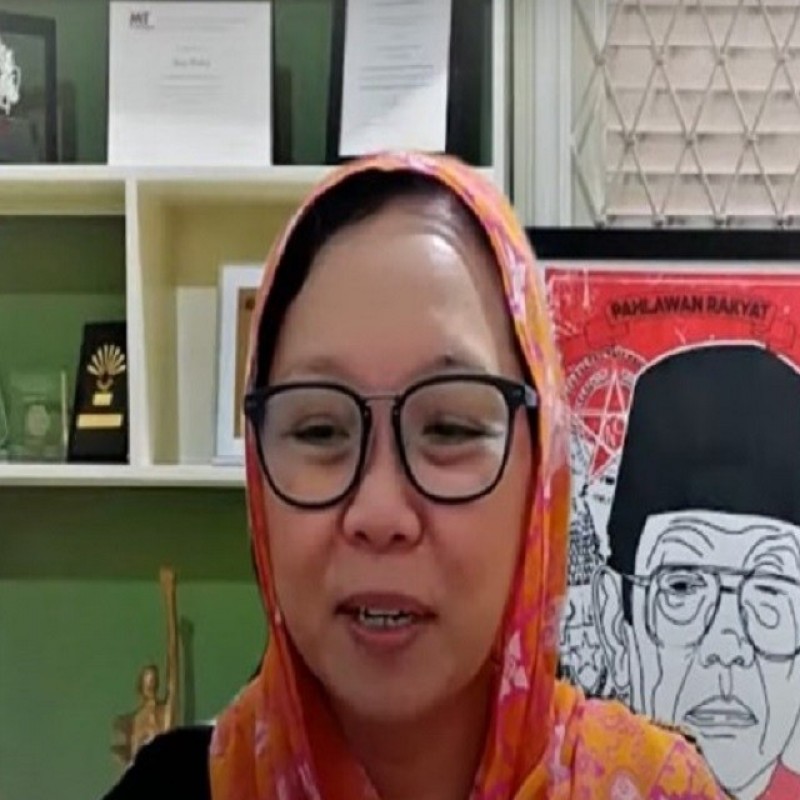Three principles of harmonious family according to Alissa Wahid
NU Online · Senin, 20 September 2021 | 01:07 WIB
Jakarta, NU Online
The General Secretary of the Nahdlatul Ulama Family Welfare Institution (LKKNU), Alissa Qotrunnada Munawaroh, popularly known as Alissa Wahid, mentioned three principles of Nahdlatul Ulama-style family life.
"In the NU family welfare institution, there are three foundations (namely), the principles of justice, mutuality, and balance," she said on a broadcast on the Department of Politics and Government channel recently.
On the first principle, namely justice, Alissa explained that this justice means how the relationship between children, parent-child relationships, husband-wife relationships are built properly. Second, mutuality which means giving, strengthening, and filling each other. Third, the balance between the domestic and public role, between rights and obligations. She emphasized that strengthening the foundation is the same as creating more optimal family relationships.
These basic principles are believed to be the answers to problems that are still a big 'homework' for family life related to husband-wife relations. The lack of assertive communication between husband and wife often creates misunderstandings. Women feel that their scope is limited in the domestic space, and husbands think that they will lose their degree of masculinity if they carry out domestic roles.
Furthermore, she explained that Islam actually brought a big transformation regarding the role of women. Islam brings changes to women such as getting inheritance rights, women must be involved in making decision, and women are also given relief because they are respected and recognized for their different reproductive functions. Women then get a lot of relief in worship.
This happened during the prophetic period. A treatise that brought about a social transformation that led to social justice from where previously women were only used as commodities, belonging to men, and treated with anything.
"So the shift was very powerful at the time of the Prophet. More than in other parts of the world, at the same time women also remain a commodity. They could be inherited," the family psychologist said.
She added that the verse that instructs men to treat women well and the verse that shows the equality of men and women and humans were only judged from their piety, not because there were so many other things in the Qur'an. It's just that, then (it is) 'snipped' part of it. So that it looks like men make a living and women just stay at home.
“However, most of the men are the leaders for women. Unfortunately, 'leader' means ruler. However, that's a different thing. Leaders, not rulers," the eldest daughter of KH Abdurrahman Wahid said.
Thus, she hoped that women could receive the same access and affirmation as men.
Contributor: Nuriel Shiami Indiraphasa
Editor: Sudarto Murtaufiq
Terpopuler
1
Khutbah Jumat: Menyiapkan Bekal Akhirat Sebelum Datang Kematian
2
Menyelesaikan Polemik Nasab Ba'alawi di Indonesia
3
Khutbah Jumat: Tetap Tenang dan Berpikir jernih di Tengah Arus Teknologi Informasi
4
Resmi Dilantik, Berikut Susunan Lengkap Pengurus PP ISNU Masa Khidmah 2025-2030
5
Khutbah Jumat: Perhatian Islam Terhadap Kesehatan Badan
6
Tuntutan Tak Diakomodasi, Sopir Truk Pasang Bendera One Piece di Momen Agustusan Nanti
Terkini
Lihat Semua

















